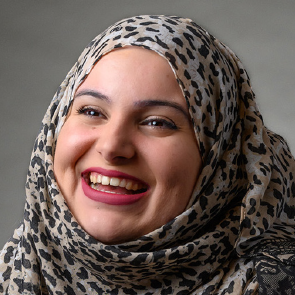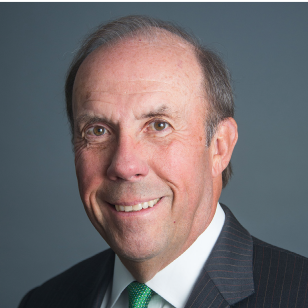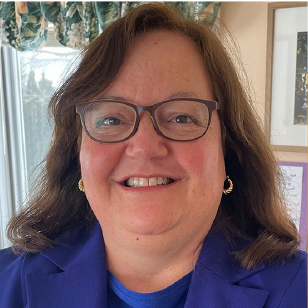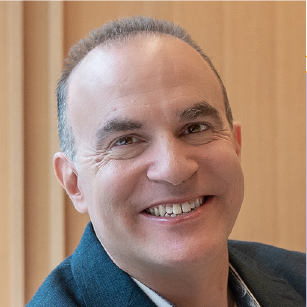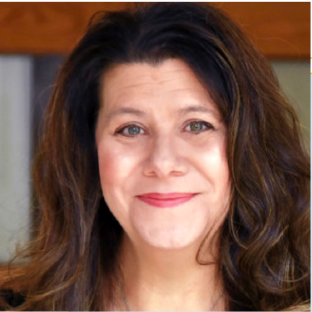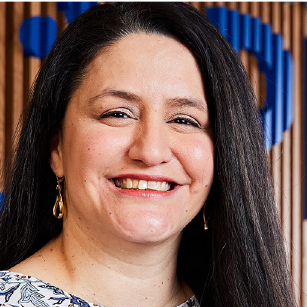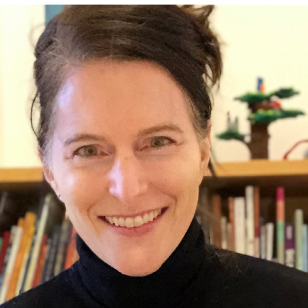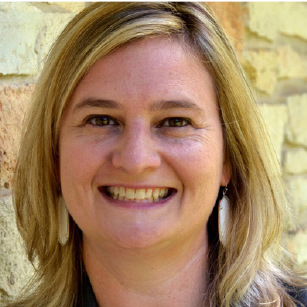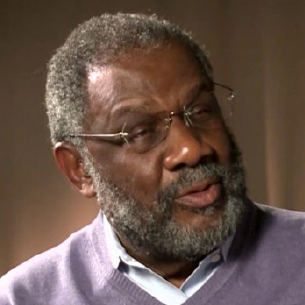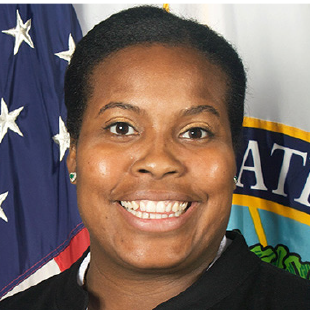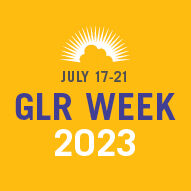
- This event has passed.
Gratitude & Appreciation: Public Television Partners With CGLR
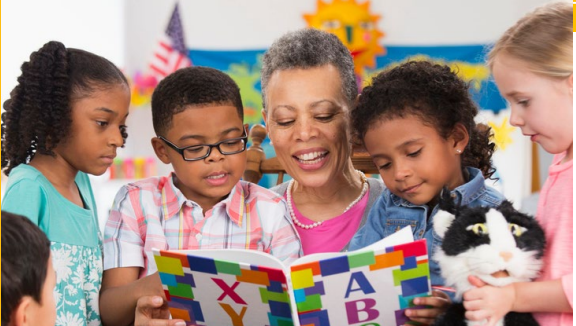
“It is midnight in our world today and the media landscape is cluttered with divisive, uninspiring content. Much the same as it was more than 60 years ago when Dr. Martin Luther King Jr. first gave his Knock at Midnight sermon and the late great Newton Minnow gave his Vast Wasteland speech. So it is especially gratifying when public media is recognized for the light that we provide by the people we admire, by the organizations that answer the figurative knock at midnight and consistently keep fresh the bread of love, faith and hope.”
– David Lowenstein, Senior Director Ready To Learn, PBS KIDS.
Our kick off to GLR Week 2023 began with Gratitude and Appreciation: Public Television Partners With CGLR, recognizing the contributions and partnership with public television and media. This appreciation video opened the session and was followed by remarks from CGLR Managing Director Ralph Smith. Smith noted how important the partnerships with public television have been across CGLR’s national network.
Pamela Johnson with the Corporation for Public Broadcasting, David Lowenstein with PBS KIDS and Patrick Butler with America’s Public Television Stations responded to both the video and Smith’s remarks, noting their appreciation for the longstanding partnership with CGLR.
The panel conversation moderated by Jamila Smith with the U.S. Department of Education highlighted the efforts in three communities and states that are implementing the Ready To Learn Initiative funded by the U.S. Department of Education. Panelists included Mouna Algahaithi with PBS Wisconsin, Cathy Cook and Gina Masciola with WQED Multimedia in Pittsburgh, Miriam Mendoza with Austin PBS, Shelley Pasnik with Education Development Center and Kierstan Schwab with Texas PBS. They each shared how their organizations are working in neighborhoods, communities and statewide to provide engaging content for children and the adults in their lives. This two-generation approach, a hallmark of Ready To Learn, supports early learning by providing high-quality programming for children and parents, and professional development for caregivers, educators and out-of-school providers. Shelley Pasnik shared some of the research that demonstrates the success of using high-quality media to support children’s learning.
The panelists all agreed on the importance of taking time to build trust, use an active listening approach and co-design their models with families and local and statewide partners.
During the session, participants were encouraged to post their stories, memories and thoughts about how public television has impacted their families, their own lives, and the lives of the people they serve. A message from the Padlet sums up the importance of public television: “It allowed me to see people that looked and interacted like me.”
Panel
